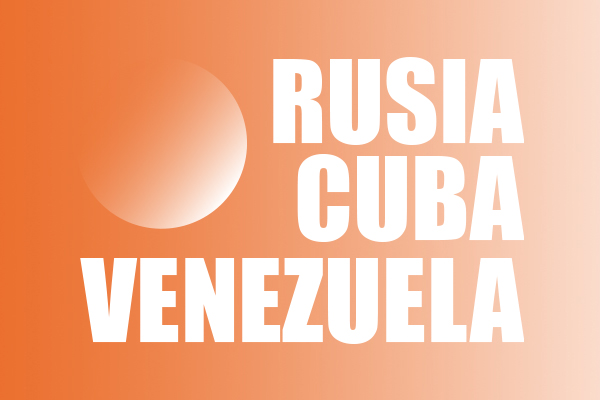

In November 2023 Moscow State Linguistic University, supported by the Ministry of Education of the Russian Federation, organized a series of open educational, scientific, and enlightening events across Latin America for everyone interested in learning the Russian language and culture. The lectures and masterclasses, developed by MSLU professors, took place in Cuba and Venezuela.
On November 16th and 17th, events were held at the University of Havana in Cuba. Among the participants there were teachers from the University of Havana (UH), the Technological University of Havana (CUJAE), as well as educators from the Cuban provinces of Matanzas and Guantanamo. On November 20th and 21st, educational events continued in Venezuela at the Bolivarian University in Caracas.
The program developed by MSLU professors included specialized events designed for the expert pedagogical community, as well as public sessions for a broader audience. Among these were a roundtable discussion on "The Russian Language in Latin American Countries," lectures on teaching approaches and phenomena of Russian literature, interactive classes, panel discussions, and a virtual tour of the Tretyakov Gallery.
Studying the Russian language opens up extensive opportunities for Latin American citizens for further education in Russian universities, professional realization in Russian companies, and the development of international business. In Cuba and Venezuela, which have historically had close economic and cultural ties with Russia, the interest in the Russian language remains traditionally high. This suggests an expansion of educational language projects for the residents of the countries.
The events were attended by scientists, educators, researchers, staff from open education centers, as well as members of the public studying Russian, and the families of compatriots living in Latin American countries.